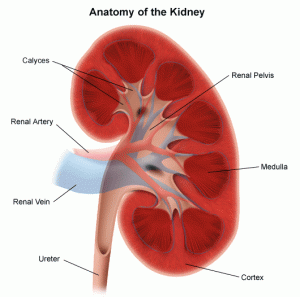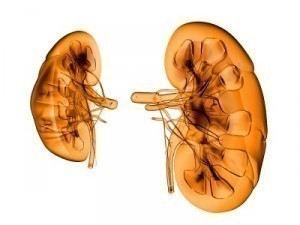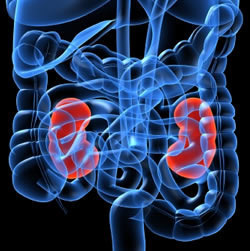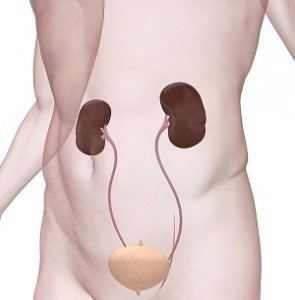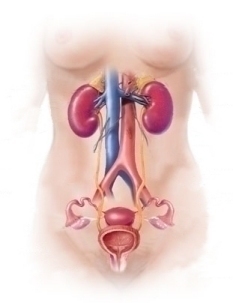End Stage Renal Disease (ESRD)
End stage Renal Disease or ESRD, occurs when the kidneys fail to function properly. They are no longer able to remove the wastes from the body and their lack of functioning can affect other important body functions. It is a stage that is characterized by acute kidney impairment which is irreversible. It can no longer be controlled by conservative management alone, and treatment options for this serious condition include dialysis or kidney transplant.
Symptoms of End Stage Renal Disease
The symptoms for acute and chronic renal failure may be different. These are the most common symptoms of acute and chronic renal failure. However, each individual may experience different symptoms. Symptoms of end stage renal disease depend largely on the underlying cause. The symptoms may include:
- weight loss without making a conscious effort towards it
- lack of appetite
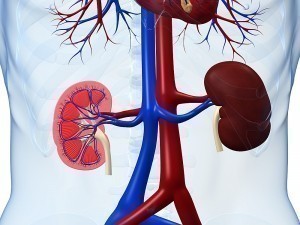
- fatigue
- nausea
- vomiting
- headache
- pain in the bones
- trouble concentrating
- feeling drowsy
- cramps or muscle twitching
- experiencing numbness of hands, legs or other areas
- blood seen in stool
- easy bruising, nose bleeds
- odor in breath
- lack of sexual interest
- sleep related problems
- swelling of the hands and feet
- stopping of menstrual periods
- itching
- pale complexion
- increase in skin pigmentation
Causes of End Stage Renal Disease
The following list includes the possible causes of ESRD.
- diabetic nephropathy (kidney failure that has been caused due to diabetes)
- polycystic kidney disease
- hypertension
- chronic kidney failure
- glomerulonephritis
Treatment for End Stage Renal Disease
The treatment for ESRD will be determined by several factors such as the age of the patient, the severity of disease and the underlying cause of the disease, to name a few. The treatment options for ESRD include:
hemodialysis and peritoneal dialysis: To put it simply, these treatments use a machine to purify the blood much like the kidneys, in an attempt to remove toxic levels of waste from the body.
kidney transplant: This treatment is opted for when the kidneys becomes completely non-functional. They are removed and replaced by a healthy kidney obtained from a donor.
medications: Medications will be prescribed to the patient, depending on the cause of ESRD, age of the patient, phase of the disease and so on. Some medications maybe prescribed to help with the growth and prevention of bone density loss, and / or to treat anemia. Sometimes, diuretic therapy or medications are given in order to increase urine output.
dietary changes: It is extremely vital to control and watch the diet of a person who has been affected by ESRD. The person should consult a dietician and also follow the instructions of the doctor to aid with the treatment process. Common changes that are typically made in a patient’s diet include the reduction of water, salt, potassium and phosphorus from the diet. This is because when the kidneys fail to function properly, it fails to remove the excess of water, salt and potassium from the body. Foods high in phosphorous can also lead to complications in the case of a kidney failure because they tend to leech the calcium in the body leading to conditions like osteoporosis.


